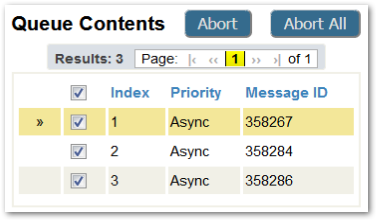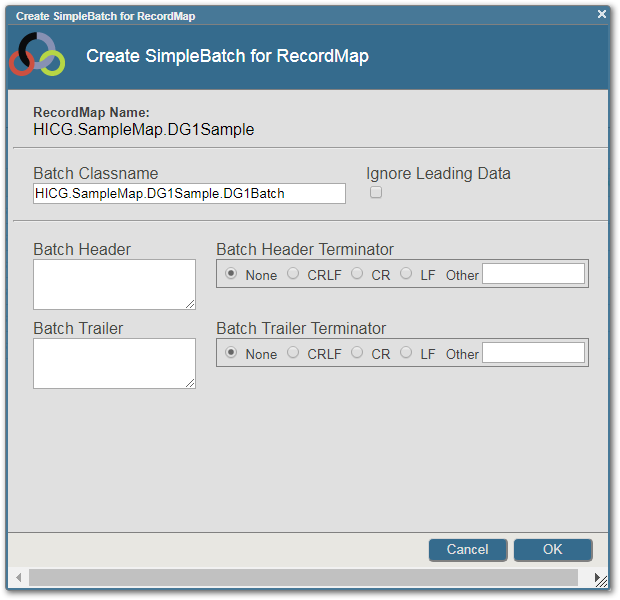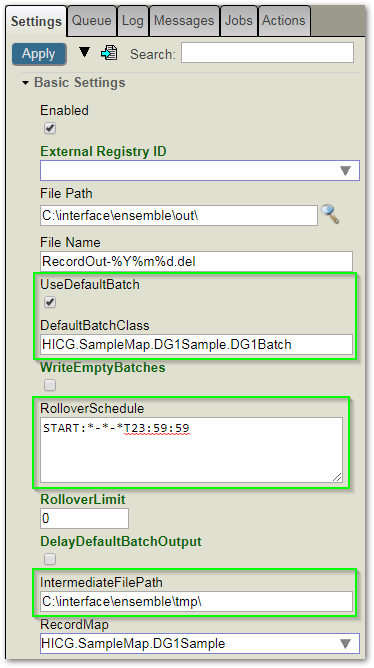I'm reasonably confident this will fix the issue without any side effects ...
TIE> Set ^Ens.Queue("ClinicomMsgRouter",0,"count")=0
TIE> Set ^Ens.Queue("PathologyRouter",0,"count")=0
Question though ... do you have the pool size for these routers set higher than 1? I'm concerned about the number of job entries under each queue. This could have an impact on FIFO, and may have something to do with the erroneous queue counts.
- Log in to post comments



